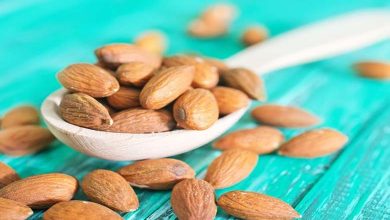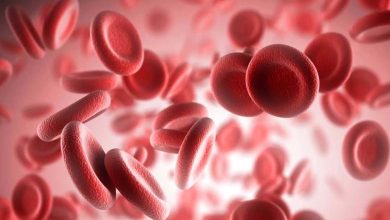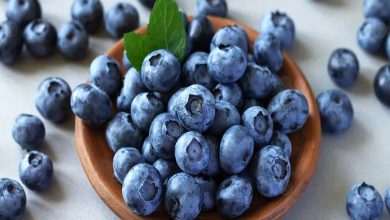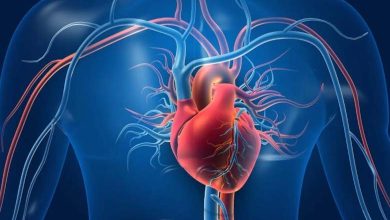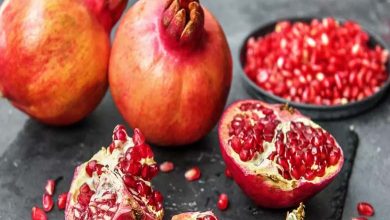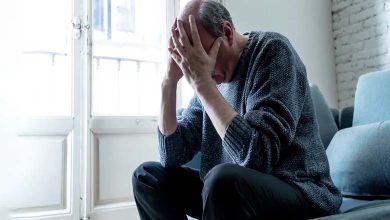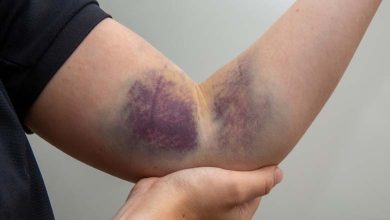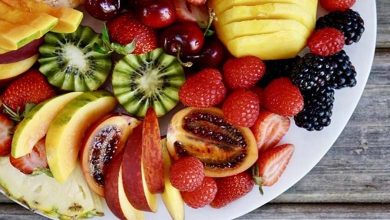Phagophobia – What are its symptoms and how can it be treated?
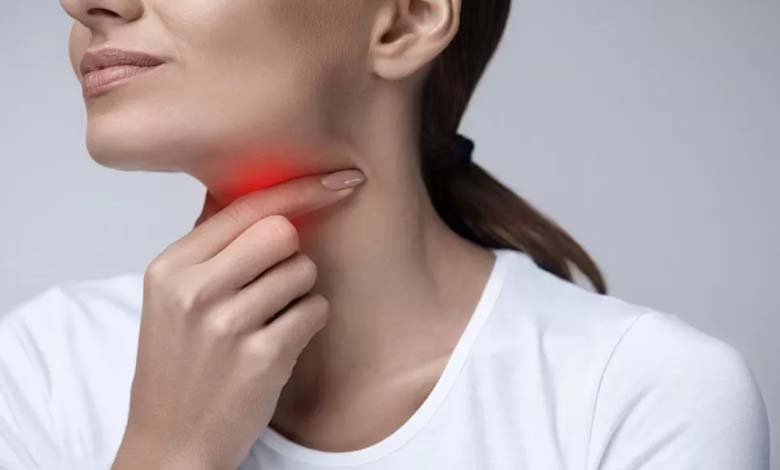
Food is the fundamental cornerstone that provides essential nutrients to the human body, ensuring good health by supplying the necessary energy for proper bodily functions when a variety of foods are consumed.
Although for most people, the need for food is not a choice but a fundamental requirement to maintain health, there are individuals worldwide who suffer from an uncommon form of anxiety disorder known as “cibophobia” or the fear of food.
How to distinguish between those with cibophobia and individuals on a diet?
According to Dr. Ronnie Aboud, a nutrition specialist, ‘cibophobia or the fear of food is a relatively complex phobia, making it difficult to identify those suffering from its symptoms in society, especially in an era where a significant number of people choose to avoid certain foods entirely to maintain their fitness’.
A distinction must be made between individuals who fear eating certain foods due to their impact on their body shape and those who suffer from cibophobia, who are afraid of the food itself.
As Aboud explains:
Individuals with cibophobia may experience fear when it comes to consuming various types of food, or their fear may be limited to specific foods. Symptoms of cibophobia include fearing the consumption of foods like mayonnaise, milk, fresh fruits, fresh vegetables, and meat, as they are perceived as highly spoiled or already spoiled foods.
Those with cibophobia also fear falling ill after consuming undercooked foods, fearing foodborne illnesses, which leads them to overcook their food to an extreme degree, making it burnt or unbelievably dry, especially in the case of foods like chicken.
Symptoms of cibophobia include a fear of consuming foods close to their expiration date, foods with unfamiliar ingredients, and pre-prepared foods prepared by others.
Individuals with food phobia may also fear consuming pre-prepared meals and may avoid eating at restaurants or at friends’ homes, or anywhere where they cannot monitor or control the food preparation.
Acquired and genetic factors in the disorder
According to Aboud, the exact cause of food phobia is still unknown, as it can be attributed to various factors. These may include learning the fear of food by observing someone else, and past painful experiences, such as certain foods causing illness. Genetic and biological factors also play a role in the development of specific phobias, or even through research to identify the negative effects of certain foods.
Cognitive Behavioral Therapy (CBT) or Medication-Based Treatment
According to Aboud, individuals suffering from cibophobia may experience complications when they view food, such as high blood pressure, trembling, increased heart rate, shortness of breath, chest pain, dry mouth, stomach upset, excessive sweating, dizziness, and nausea. The condition often worsens when left untreated, leading to increasingly obsessive behaviors, to the point where a person experiences malnutrition. Therefore, it is crucial to seek treatment from a mental health professional who can diagnose the condition and provide treatment options ranging from cognitive-behavioral therapy to exposure to stimulating foods and medication-based therapy.



